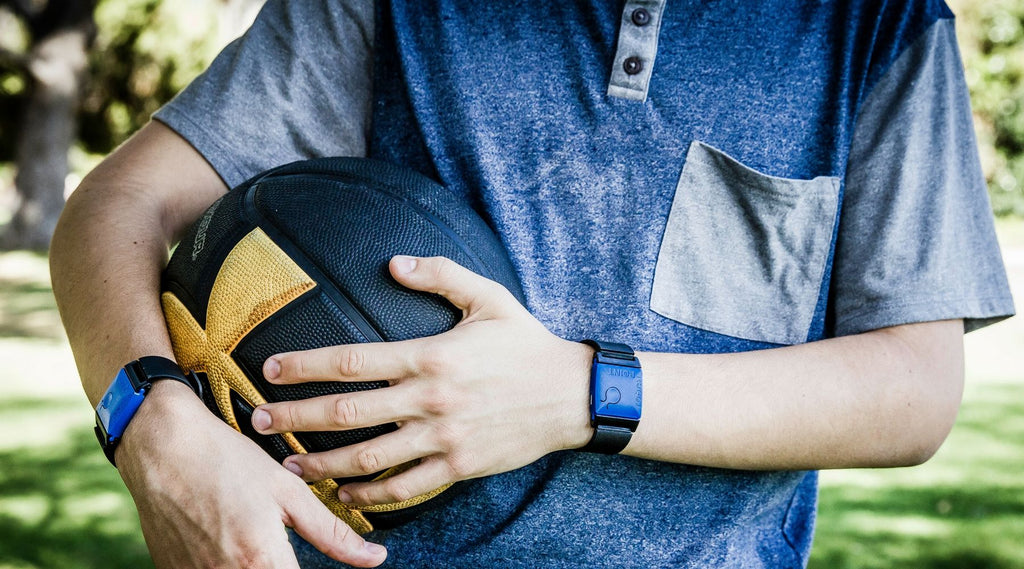Unsure if you have ADHD?

Do you struggle with concentrating, interrupting others during conversation, acting impulsively, or have trouble sitting still? If you have difficulty with one or several of these issues on a day-to-day basis and it interferes with your relationships or ability to succeed at work or school, then you may be suffering from attention deficit hyperactivity disorder (ADHD).
ADHD is one of the most common mental disorders among children, affecting an estimated 1 in 7 children in the U.S. It is also three times more common among boys than girls. While most people are ideally diagnosed as children, up to 60 percent of child patients continue to be affected by ADHD symptoms into adulthood, so it is also possible to be diagnosed later in life and receive adult ADHD treatment.
ADHD is characterized by symptoms that include: an inability to sustain attention on a task, trouble organizing tasks, being easily distracted, avoiding things that take effort, and problems with following through. However, the primary symptom of ADHD is a continuous pattern of inattention and/or hyperactivity-impulsivity that interferes with daily tasks. When hyperactivity and impulsivity are not present, it is referred to as attention deficit disorder (ADD).
In order to be diagnosed with ADHD by a medical professional, a person must exhibit several symptoms of inattention and/or hyperactivity and impulsivity for at least 6 months. Symptoms must also exist in two separate settings (ex. school, home) and create significant impairment in relationships or social, occupational, or academic environments.
Symptoms of inattention include, but are not limited to:
- Difficulty sustaining attention in tasks or activities
- Frequent failure to appear listening when spoken to directly
- Frequent failure to follow through on instructions and difficulty finishing schoolwork, chores, or workplace duties
- Difficulty organizing tasks and activities
- Frequently being easily distracted by extraneous stimuli
- Frequently misplacing things necessary for tasks or activities (ex. school assignments, books, tools, etc.)
- Frequently forgetting daily activities (including daily tasks such as routine appointments, etc.)
Symptoms of hyperactivity include, but are not limited to:
- Frequently leaving seat in classroom or in situations in which one is expected to stay seated
- Frequently fidgeting with hands or feet or squirming while sitting
- Difficulty playing or engaging in activities quietly
- Frequently talking excessively
- Frequently running or climbing in situations when it is inappropriate to do so (for adolescents or adults, this may include subjective feelings of restlessness)
Symptoms of impulsivity include, but are not limited to:
- Difficulty waiting one's turn
- Frequently blurting out answers before questions have been completed
- Frequently interrupting or intruding on others
If you are diagnosed with ADHD, it may be accompanied by:
- Anxiety
- Difficulty sleeping
- Speech or hearing problems
- Learning disabilities
- Tics
- Obsessive-compulsive disorder
TouchPoints can be a natural, non-invasive method of managing ADHD symptoms. Whether you or your child have been diagnosed with or are looking for natural remedies for ADHD, our wearable devices have been shown to increase attention span while reducing stress in as little as 30 seconds. Touchpoints are simple and easy-to-use and work by transferring alternating vibrations to maintain a healthy nervous system.
See how TouchPoints help those with ADHD, click here.
-
Posted in
ADHD




